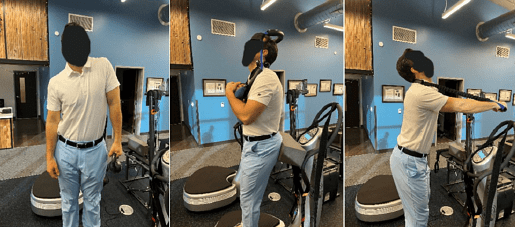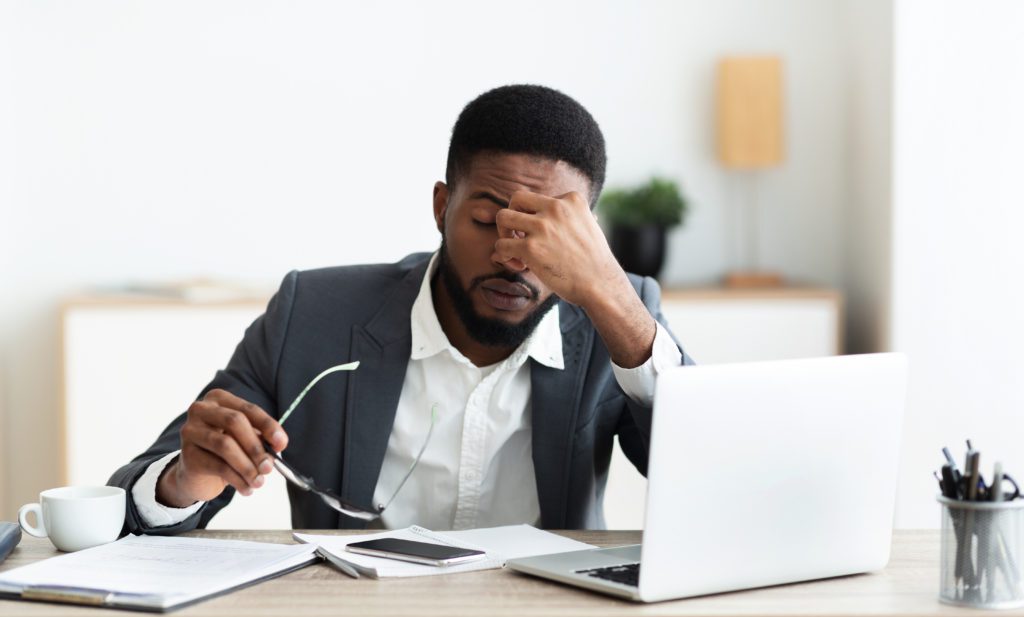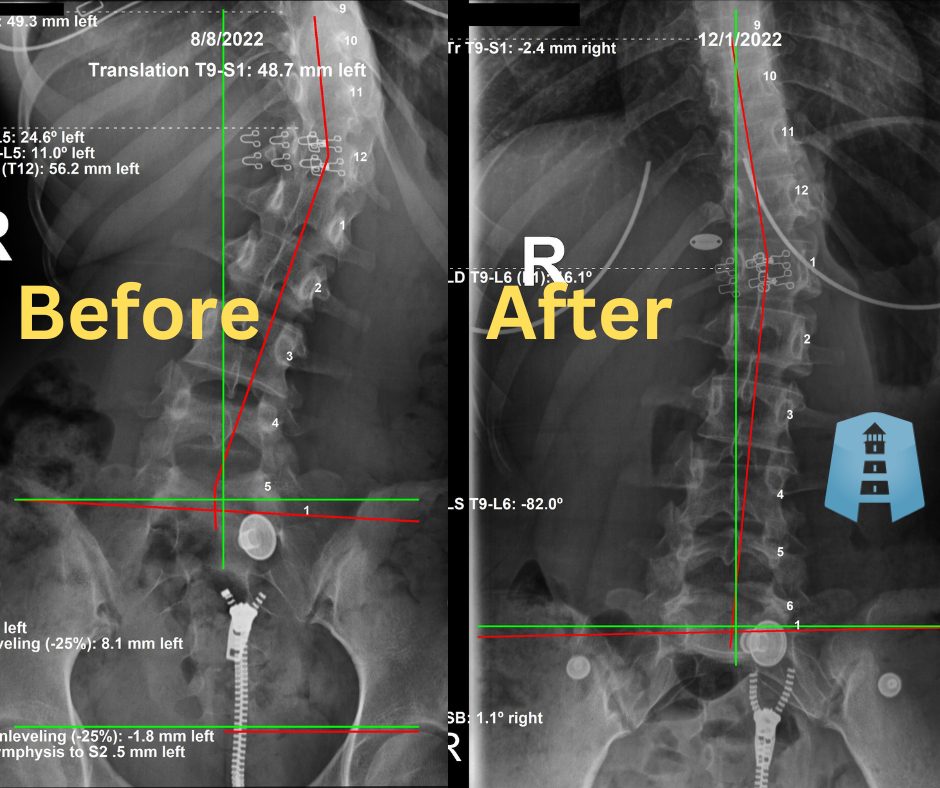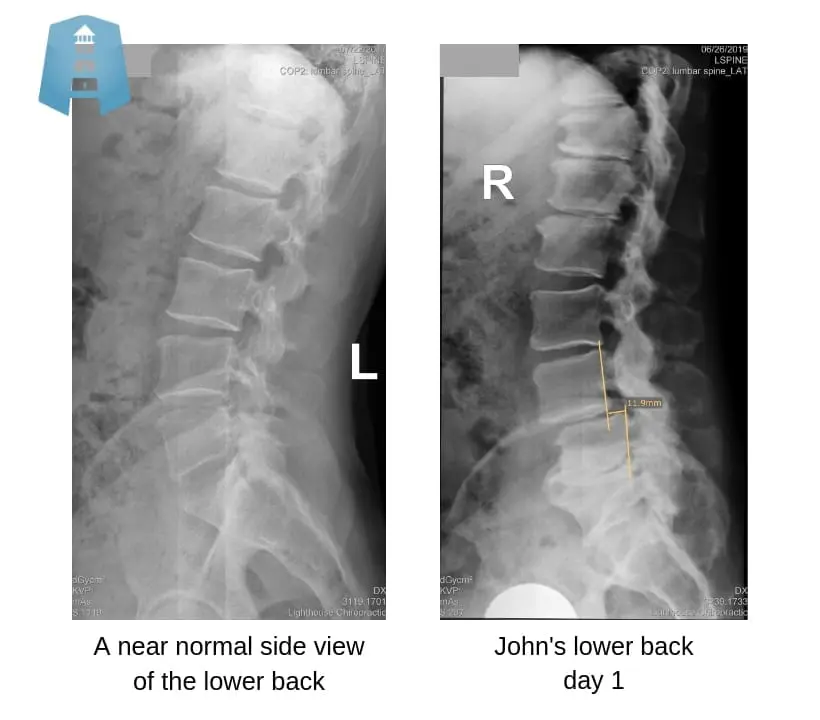Some stat’s on concussion. . .
3.8 million concussions recorded in the USA, that’s double the number in 2002.
Nearly 500,000 children were concussed.
One third of concussions happen during practice (often not attended by doctors or trainers who know how to properly manage concussion).
20% of high school athletes will experience concussion during the sporting season and one third of those athletes will have a second concussion during that same season.
The highest growth of concussion rates is in middle school athletes. There are half as many concussions in high school, half again in college/university and half again in professional sports.
Athletes have a 4x greater risk of serious knee injury after concussion.
Concussion have been linked to lower grades.
A movie worth watching
I remember the feeling when I was watching the movie Concussion with Will Smith several months ago. It was the award winning 2015 movie, recounting Dr. Bennet Omalu’s discovery of the brain damage in football players from the multiple and severe impacts to the head and neck from youth onward in American football.
I though to myself, I’m glad I’m not the father of a kid who loves football, but from a concussion standpoint there are many sports and activities that expose our children to the possibility of concussion.
Concussion happens to more than just football players
Concussion can happen to anyone, not just football stars and Sidney Crosby.
I’ve had patient’s concussed from simply heading a soccer ball, others from a fall while downhill skiing, and a few after what seemed to be a relatively low impact car accident.
What happens if the symptoms don’t go away?
The challenge is what happens if concussion symptoms don’t go away after weeks and weeks of rest?
More often than you think, there can be more to concussion recovery than just rest.
Resting your brain is important but it may be incomplete.
What the researchers have found
Brain researchers have found that the damage from concussion continues for several day’s after the impact. That’s why your concussion management team tells you to stop stimulating your brain for almost 3 weeks.
Beyond the obvious swelling from the impact, the actual brain cells may have a hard time healing themselves after the impact.
A normal brain cell creates free radicals while at work.
When you go through your daily routine of creating, remembering and problem solving your brain cells burn sugar (mainly glucose) and fat. The “bi-product” from all this activity is like the exhaust from a car engine.
Part of your brain cell “exhaust” is free radicals.
Not to worry, every brain cell has 2 job descriptions!
Once the daily demands stop and you enter restful sleep (REM sleep) your busy brain cells convert to their janitorial role and start cleaning up free radicals.
They become little anti-oxidant factories that scoop up the free radicals and clean up your brain for the next day’s activities. That’s why great sleep is so important but that’s a bigger topic than we have time for in this blog post.
If you want to learn how to get a great nights sleep and wake refreshed everyday then watch our webinar on how to get quality sleep
HERE.
What happens after a concussion
Unfortunately after a concussion, for several weeks during the healing process, your cells are not up to the challenge. They’re just trying to heal and they are significantly limited on how many free radicals they can clean up.
Outside the box recommendations
That’s why I (and many neurology experts) recommend supplementing with up to 15,000 mg of high quality fish oil for as long as 3 weeks post concussion.
The omega 3 fatty acids in fish oil are excellent anti-oxidants and can donate an electron to neutralize the overflow of free radicals. Not to mention the healthy fat’s in fish oil are also extremely nourishing to brain tissue.
A high quality fish oil like Carlson’s Extra Fine fish oil is the only way to go. I also recommend you take it in the liquid format because taking 15 capsules a day can be a bit overwhelming (as opposed to just 3 teaspoons of the liquid). Most health food stores in Kelowna carry this brand or an equivalent quality brand.
What else can get missed with a concussion?
The second missing link I see when people are having difficulty recovering from a concussion is damage to the upper neck.
This is likely the biggest area I see in why it can take some people far longer than they should to get over a concussion.
Earlier I mentioned Sidney Crosby. And for any of you who followed his concussions, did you realize that Sid’s breakthrough and return to sport came under the care of a Canadian born chiropractor Dr. Ted Carrick?
In fact many experts credit Dr. Carrick for saving Sid’s career because his recovery wasn’t going very well until Sid met Dr. Carrick.
Damage to the head can just as easily damage the upper neck.
Anyone who’s been in a car accident and banged their head on the windshield usually comes away with a whale of a bump on the noggin and likely a headache to remember the impact too.
Ask them what their neck was feeling like 3 or 4 day’s latter. Likely not very happy.
The same impact that results in concussion can just as easily cause damage to the upper neck.
Because the upper neck bones surround the brain stem, many symptoms overlap with the symptoms of concussion.
Not just in the pro’s
In fact I’ve worked with young, but high level hockey players, soccer players and competitive ski racers in our community who were having difficulty recovering from concussion symptoms. To their surprise, their remaining symptoms were really coming from their upper neck.
After a proper assessment and some very gently upper neck adjustments the symptoms resolved and these young athletes were cleared for practice.
The “rest” that their medical doctor and sport physio recommended was important, but it wasn’t the complete picture.
Expanding your support team to fully manage a concussion
If you are still struggling from the after-effects of a concussion or concerned that a loved one may be long overdue for recovery then co-managing a concussion with a qualified chiropractor is a very smart decision.
[ctt tweet=”Co-managing a concussion with a qualified chiropractor is a very smart decision. — Dr. J” coverup=”9C9py”]
Many chiropractors have had experience co-managing concussion and other neurological injuries. It’s worth asking around to find a chiro that can add this level of expertise to your health care team.
If there has been enough impact to damage the brain, then there certainly can be enough impact to damage the delicate joints and bones of the upper neck. So it’s important not to assume that every symptom you have is resulting from the concussion.
Your best health mentor
I really believe that your best health and lifestyle mentor is a great chiropractor. Today’s chiropractic is all about a balanced, practical approach to life.
[ctt tweet=”I believe your best health and lifestyle mentor is a great chiropractor. — Dr. Jenkins” coverup=”_0iVY”]
If you are having trouble finding a chiropractor in your area that specializes in what we talk about in our blog then connect with us.
Leave a comment below or contact us at our office (250-870-9136) and we’ll try our best to connect you with a chiropractor in your area that does corrective work and freely offers the “added value” advice like we do with The 100+Living Plan. We all need this if we are going to life a long and healthy life.
For 120 years our profession has lead the way in common sense health solutions. We’d love to get you connected with a doc that will help you live your life to the full in great health and vitality.








